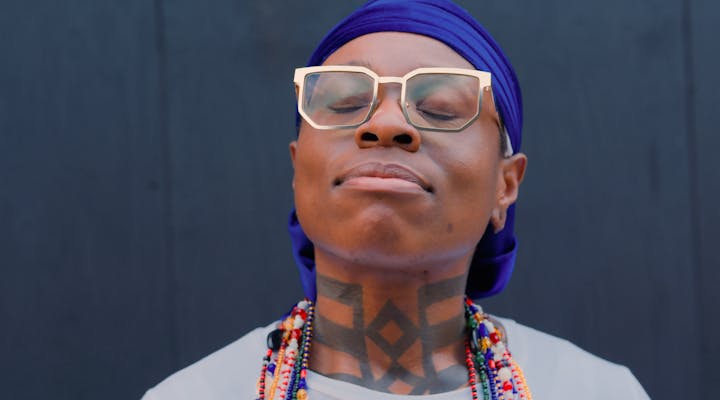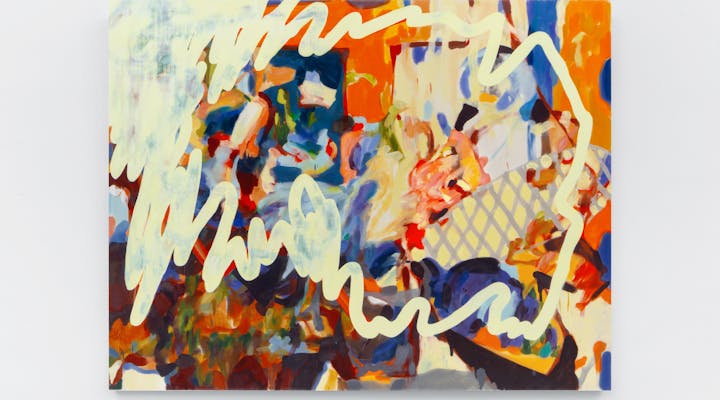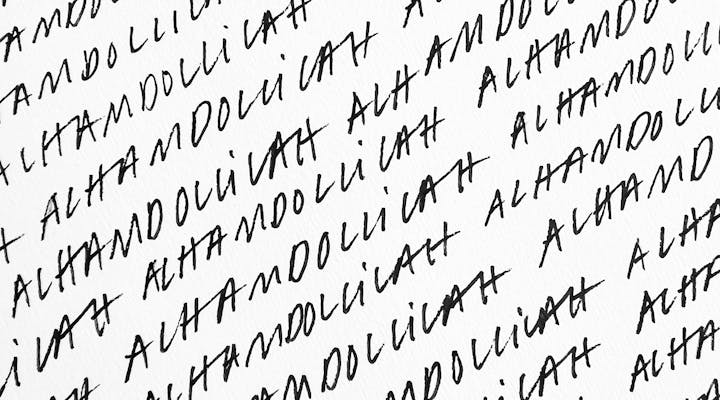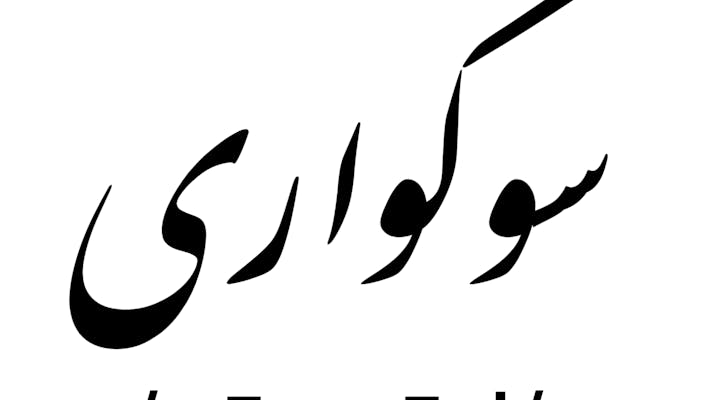Sacred Spaces
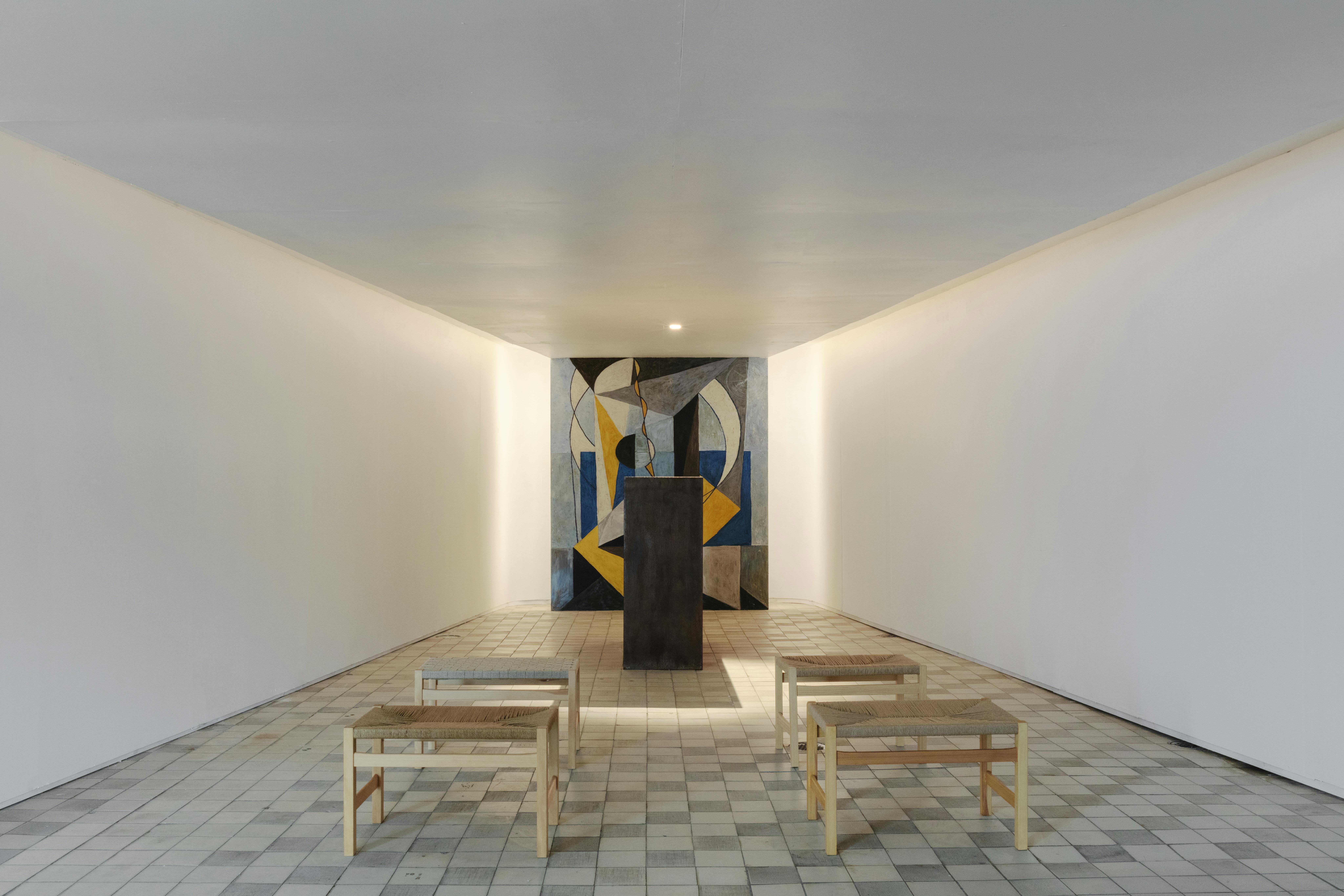
Konsthall C’s current artistic program is called Sacred Spaces, led by artistic director Mariam Elnozahy. This program is envisioned as a widespread series of exhibitions, conversations, performances, workshops, and community events that examine the possibility of using Konsthall C as a “sacred space.”
One of the primary social and geopolitical questions facing Sweden today is its ability to uphold standards of religious pluralism. The recent incidents of the burning of the Quran sparked demonstrations by individuals across Sweden to burn various religious texts including the Torah and the Bible. These incidents led to national conversations about the role of the state in regulating hate speech, upholding religious freedoms for minorities, and the potential re-introduction of blasphemy laws. The stakes for such regulations are not only the role of the state in upholding religious pluralism, but also the role of Sweden in NATO and its geopolitical future.
Sacred Spaces invites all kinds of sacred rituals, religious acts, forms of worship, and existential questioning into Konsthall C. This program aims to address urgent questions about the state of religious pluralism in socio-political transformations in Sweden and internationally. Reflecting critically on the historical relationship between religion and artistic production, Konsthall C will engage local and international artists who range from producing work on religion or ritual in history and society to artists who regard art as a sacred act. Artists will also be invited to reflect on spirituality, and experiment with occultism in all ways.
What does religious pluralism have to do with art?
For centuries, the Church served as the primary patron for the arts, and the relationship between religion and art was inextricably interwoven. The secularization of artistic production saw the emergence of state-sponsored museums and corporate patrons, who stepped in to fill the role of the Church in supporting the arts. Currently, independent art spaces such as Konsthall C are seen as distinctly secular, plural environments: catering to a wide audience of all backgrounds and a diverse array of interests. The recent resurgence of the role of ritual in contemporary art - ranging from indigenous rituals and wellness rituals to self-care rituals and community rituals - prompts the question of the role of the art space in creating a sacred space to serve the community, a role that was once served by religious establishments.
Sacred Spaces brings together artists from across the world, many of them rarely seen in Scandinavia. The program features artists such as Mohamed Tatour, Riar Rizaldi, Evan Ifekoya, and Zahra Malkani as well as other artists from Georgia, and Brazil. A substantial part of the works are developed specifically for Konsthall C and the Sacred Spaces program. There is a broad range of interpretations of the theme: painting, sound work, technology, and film are just a few methods employed to present timeless spiritual questions as well as urgent contemporary politics.
About the artistic director
Mariam Elnozahy is a curator, researcher, and writer. She previously curated exhibitions in Cairo, London, Oslo, Uppsala, Amsterdam, Jeddah, and Basel and ran workshops in Tunis and Tangiers. Her work often addresses histories of globalization, development, and resource extraction. She also works to support artists at various stages of conceptualization and production of artistic works. Her writing has been published in Frieze Magazine, The Markaz Review, Hyperallergic, and MadaMasr. She was in residency at the Jan Van Eyck Academie in Maastricht, NL from 2022-2023 investigating the archive of Royal Dutch Shell to understand the relationship between arts and extractive industries in the twentieth century.


